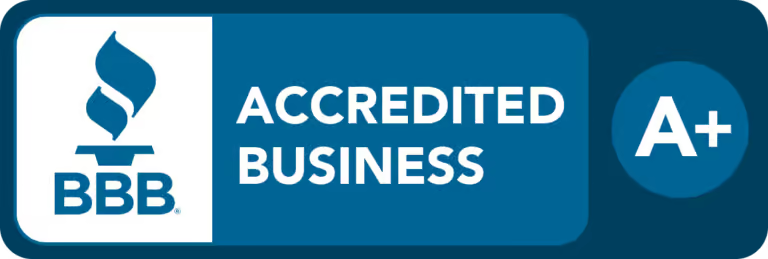Computer viruses can wreak havoc on your system, compromising security and hindering performance. It’s essential to be aware of the telltale signs that your computer might be infected. In this article, we’ll explore five common symptoms of a computer virus and provide insights on how to identify and address them promptly.
Slow Performance: One of the key indicators of a potential virus infection is a significant decrease in your computer’s speed and responsiveness. If your system takes longer to boot, applications open slowly, or simple tasks become frustratingly sluggish, it’s time to investigate further. Viruses can consume system resources, causing performance bottlenecks. Running regular scans with reputable antivirus software and ensuring your system is up to date can help address this symptom.
Frequent Crashes: Constant system crashes or unexpected freezes can be alarming signs of a virus-infected computer. Viruses can disrupt normal operations, leading to unstable behavior. If your computer consistently crashes during routine tasks or experiences unexplained freezes, it’s crucial to investigate the cause. Scan for malware and consider restoring your system to a previous clean state using system restore points or seeking professional tech support to diagnose and resolve the issue.
Unwanted Pop-ups: Pop-up advertisements appearing frequently, even when you’re not browsing the internet, can indicate a malware infection. Adware and potentially unwanted programs (PUPs) are notorious for bombarding users with unwanted ads. If you notice an influx of pop-ups, banners, or redirects that disrupt your browsing experience or appear outside of your web browser, it’s essential to scan your system with trusted antivirus software and employ ad-blockers or browser extensions to mitigate the issue.
Unexpected Errors: If you encounter frequent error messages, system crashes related to specific programs, or sudden software malfunctions, it’s crucial to consider the possibility of a computer virus. Viruses can corrupt files, modify system settings, and disrupt normal software operation, leading to unexpected errors. Running thorough antivirus scans, updating software, and restoring corrupted files from backups can help address this symptom.
Unauthorized Access: Discovering unfamiliar user accounts, unexplained software installations, or unauthorized changes to your files can be indications of a virus attempting to gain control of your system. Some viruses aim to steal sensitive information or grant remote access to malicious actors. If you notice any suspicious activity, such as unfamiliar user profiles or software that you didn’t install, it’s critical to take immediate action. Isolate your computer from the network, scan for malware, and consider seeking professional assistance to remove the virus and secure your system.
Conclusion: Staying vigilant and recognizing the symptoms of a computer virus is crucial to protect your system and data. If you experience slow performance, frequent crashes, unwanted pop-ups, unexpected errors, or unauthorized access, don’t ignore these warning signs. Invest in reliable antivirus software, keep your system updated, and seek professional tech support if needed to ensure a secure and smooth computing experience.

